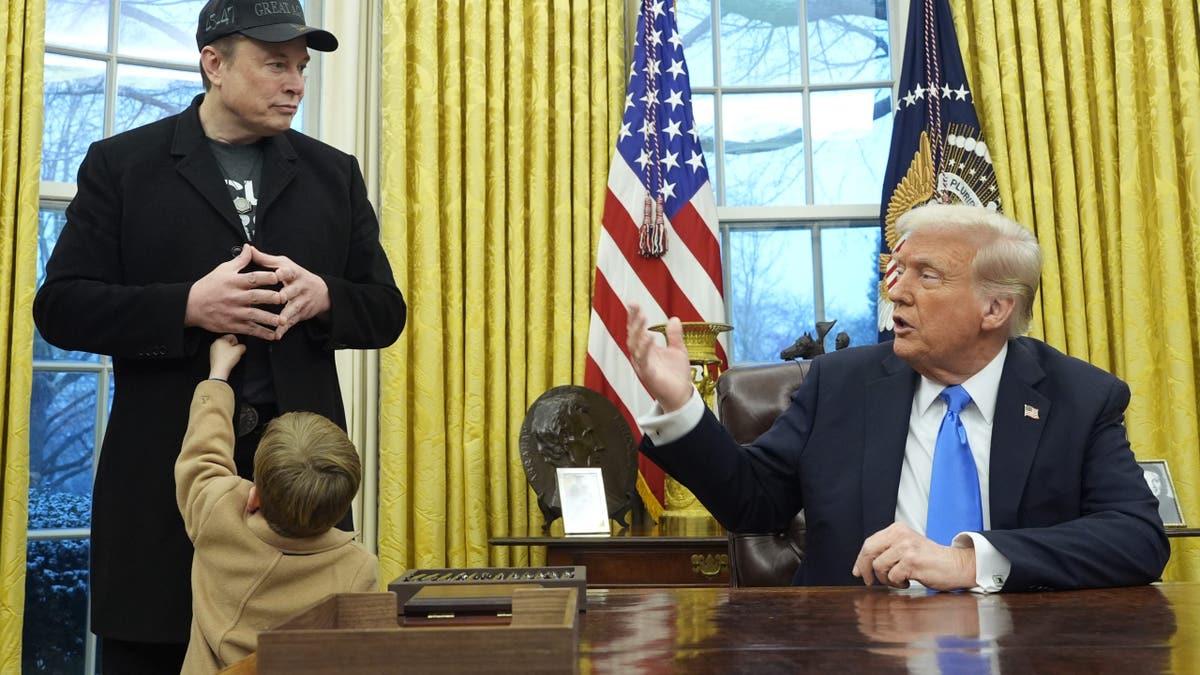The rapid takeover of the federal bureaucracy by Elon Musk's DOGE has surprised many, especially those familiar with the drawn-out battles of the first Trump administration. This swift action, akin to a blitzkrieg, stands in stark contrast to the slower, more measured approach previously employed. While a more gradual transition might have minimized legal challenges and protected valuable aspects of the bureaucracy, the experiences of the prior administration likely justified DOGE's aggressive strategy.
A key takeaway from President Trump's first term was the potential for career bureaucrats to obstruct his agenda. The Crossfire Hurricane scandal and the subsequent Mueller investigation, arguably comparable to Watergate in severity, exemplify this. These events revealed a willingness among some officials to engage in subversive activities, including spying on campaign officials based on dubious justifications like the Steele dossier and flawed FISA applications.

This weaponization extended beyond the intelligence community. Instances within the Defense Department and USAID demonstrate how career officials allegedly targeted individuals who exposed corruption or challenged established practices. These actions fostered a climate of fear and distrust, hindering the implementation of White House policies.
Further illustrating this obstruction, Dr. Anthony Fauci's alleged role in downplaying the Wuhan lab leak theory in 2020 hampered efforts to hold China accountable. Similar patterns emerged within the Justice Department's Civil Rights division and USAID, where bureaucrats reportedly impeded investigations and concealed programs they believed the administration would disapprove of.
These experiences convinced Trump, and many others, that widespread subversion necessitated a drastic approach. The recent actions at USAID, where numerous senior officials were removed for resisting White House directives, appear to be a direct consequence of this conviction. This offensive against the bureaucracy, while seemingly radical, has historical precedents. The Founding Fathers themselves expressed skepticism towards government officials, as evidenced by the Declaration of Independence's criticism of excessive bureaucracy.

Presidents across the political spectrum, from Andrew Jackson to Bill Clinton, have sought to limit the size and influence of the federal bureaucracy. While its complete elimination is impractical, the need for reform is evident. Congress should consider measures to streamline the process of removing underperforming or insubordinate employees. Furthermore, the selection of competent and principled political appointees is crucial. These individuals can effectively manage agencies once obstructive elements are removed.


The challenges faced during Trump's first term highlight the importance of having appointees willing to challenge entrenched bureaucratic resistance. The current administration's efforts to identify and appoint individuals capable of managing this resistance suggest a concerted effort to avoid repeating past mistakes. While some appointments have sparked debate, the effectiveness of this new team in controlling the bureaucracy remains to be seen.








